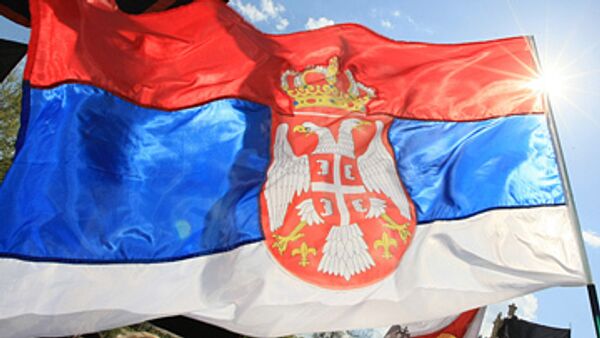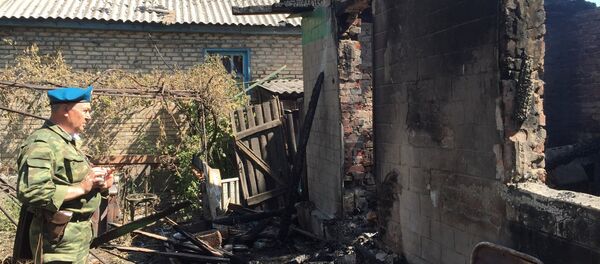MOSCOW (Sputnik), Anastasia Levchenko – In July, lawmakers in the autonomous Serb region of Bosnia by a slim majority backed a proposal of Republika Srpska's President Milorad Dodik to hold a referendum on whether Bosnia and Herzegovina (BiH) national courts should have authority over Serbs.
“The West opposes the initiative for a referendum… In so doing, they [the West] deliberately ignored the fact that the consequences of such work continuously shaken RS because of partiality, the apparent politicization of these institutions and retroactive application of laws,” Spomenka Stevanovic, head of the Democratic People’s Alliance (DNS) club of deputies at RS National Assembly said.
BiH contains two autonomous entities: the Federation of Bosnia and Herzegovina and Republika Srpska. In 1990, a significant debate erupted on whether to stay with the Yugoslav Federal Republic, a choice favored among Serbs, or to seek independence, favored among Bosniaks and Croats.
A peace deal that ended Bosnia's 1992-95 inter-ethnic conflict resulted in the creation of the Republika Srpska and the Muslim-Croat Federation. Bosnia's proclamation of independence in 1992 came at the price of a brutal war in which Serbs fought against Muslims and Croats, claiming an estimated 100,000 lives.



